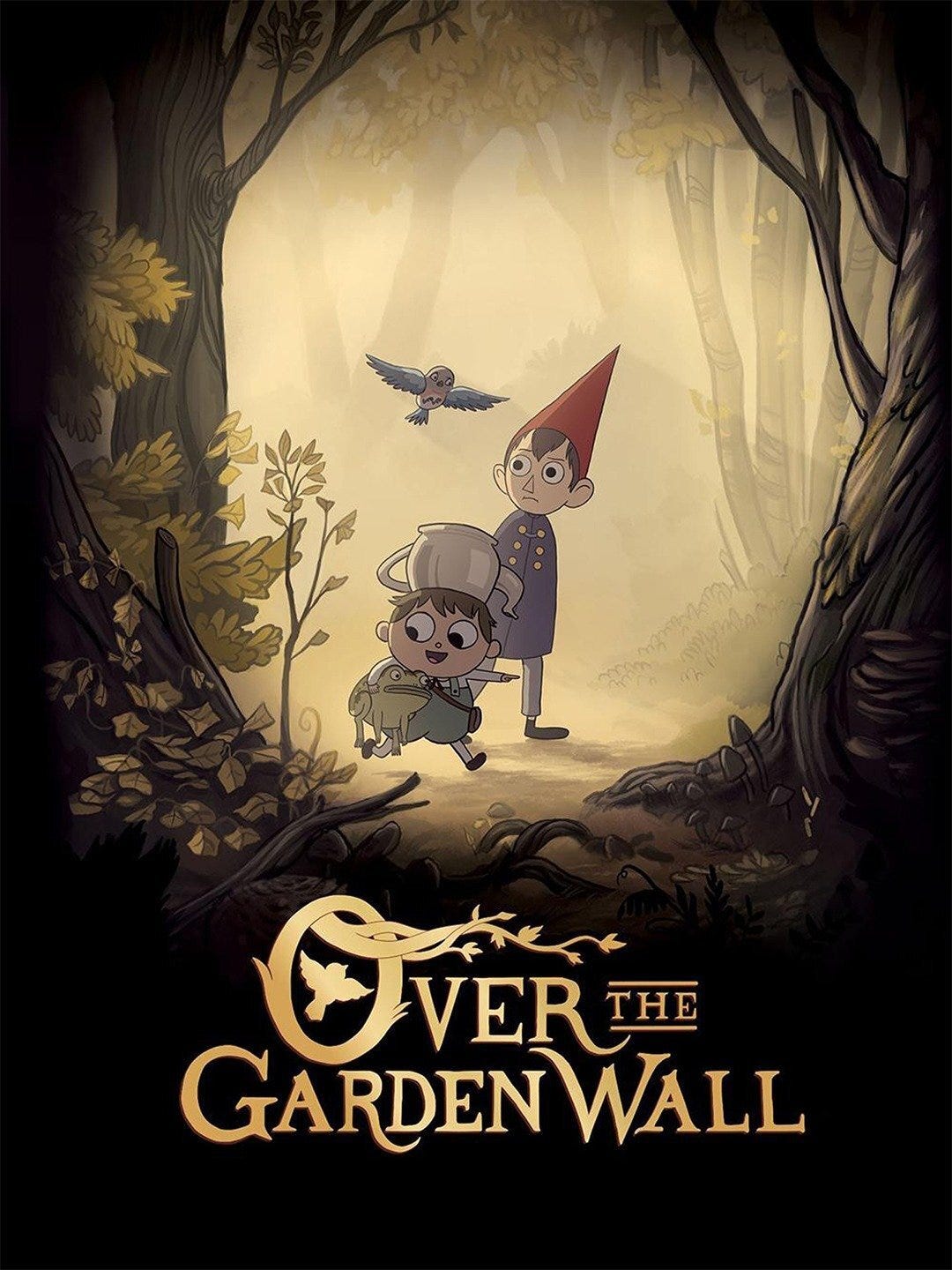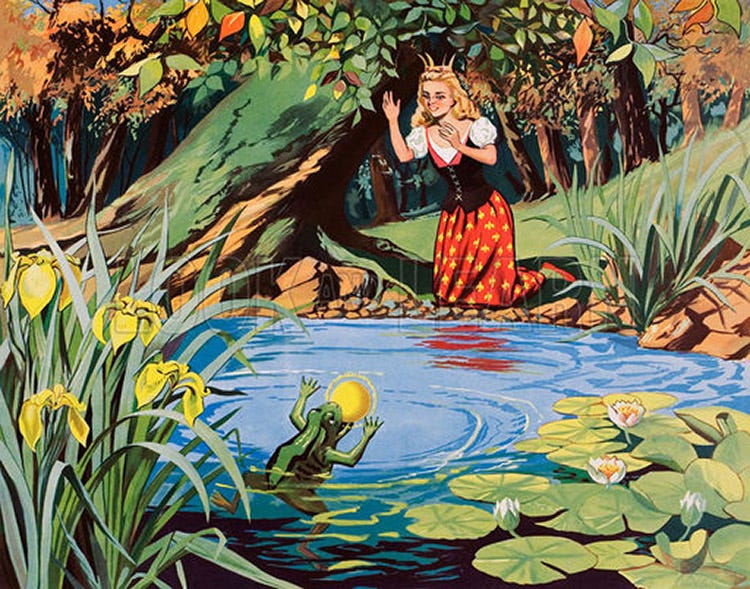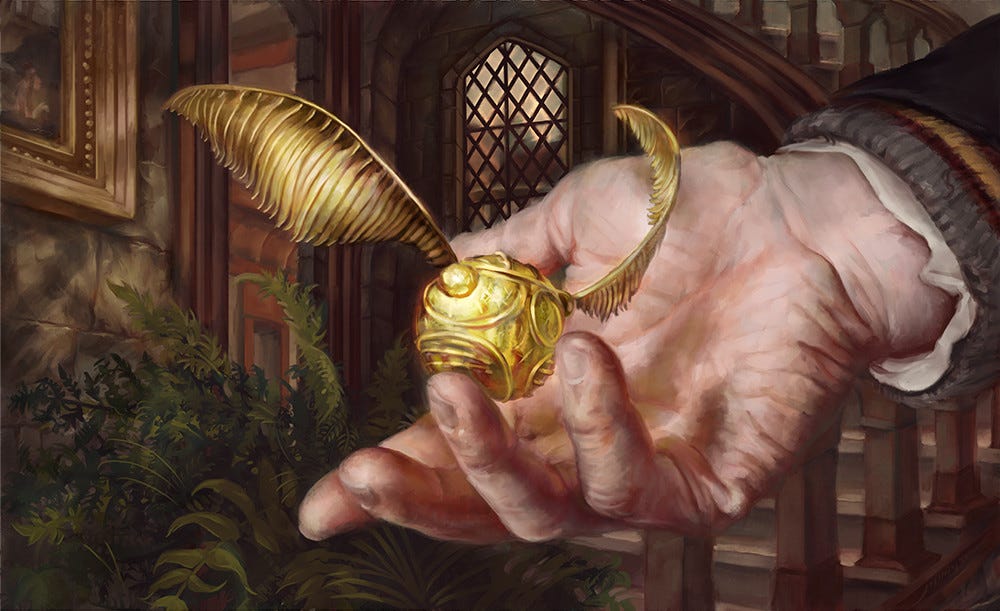The Alchemy of Frogs: Exploring the Metaphysics and Symbolism of the Amphibian World.
In this post, we'll explore the symbolic significance of frogs in literature, mythology, and spiritual traditions, and how they represent transformation, transition, and crossing boundaries.
From antiquity to the present day, frogs have been a potent symbol in philosophy and religion. Known for their unique ability to live both in water and on land, they have come to represent the liminal spaces between physical and metaphysical worlds. At the intersection of these realms lies the Greek deity Hermes, whose attributes are reflected in the qualities of the frog.
In this article, we will explore the rich philosophical and cultural history of the frog as a symbol, and its enduring relevance to contemporary thought. By analyzing two distinct yet equally resonant works of literature, the traditional German fairytale of The Frog Prince and the contemporary American animated series, Over the Garden Wall, we see this symbolism brought to life in captivating ways.
In the Emmy-winning miniseries Over the Garden Wall, protagonist Wirt and his little brother, Greg, make the unexpected journey into a mythical realm known only as the Unknown.
Their companion on their expedition is a peculiar frog named Jason Funderburker, who serves as a benevolent guide in their quest to return home. At first glance, Jason Funderburker may appear as little more than a comic relief character who provides a few lighthearted, as well as comedic, moments. Yet, upon closer examination, the similarities between Funderburker and Hermes extend further to Hermes’s role as a protector of travelers and thieves. In the show, it is revealed that Wirt and Greg stole something just before finding themselves in the Unknown. As the god of crossing boundaries, messengers, and travelers, Hermes was sent to the underworld as a psychopomp, a guide to souls on their journey to the afterlife. Similarly, Funderburker reflects Hermes’s traditional role as a connection between the seen and unseen realms, aiding lost souls in their navigation of the unknown and providing guidance to reach their final destination.
The frog has long been symbolized for its ability to exist in the realms of both water and land, a powerful embodiment of the dualistic principles of both the female and the male. Hermes has been revered for his ability to navigate between the two realms, a harbinger of potential and profound value. This is exemplified in the well-known folktale The Frog Prince, wherein a grumpy and self-absorbed princess, throws her golden ball into a pond in a fit of pique, but after realizing the seriousness of the situation, she bursts into tears. Shortly after, a frog appears and offers to help the princess retrieve her golden ball in exchange for becoming her friend and accepting him.
The symbolism of the golden ball should not be overlooked; the golden ball represents something immensely valuable, the unexplained and intangible: such as potential, or the sun. By diving into the depths of the unknown, the frog prince is able to bridge the divide between the land and the watery depths, suggesting a necessary balance between the male and female principles in order to achieve efficacy. The frog is a perfect representation of Hermes- a creature that can exist in both water and land and is embodied with the dualism of being both sexes at once. He forges ahead in an exploration into the unseen and returns with something of value in his jaws.
The game of Quidditch from the Harry Potter series has all the makings of a meta-game. At first, it can look like any other sport — two teams, a field, and a whole lot of players. But quickly, the complexity of the game reveals itself.
There is a ring of chaos created by the Snitch — a golden ball with wings that symbolizes the idea of alchemical Round Chaos. Whoever catches the Snitch wins the game. This symbolizes an idea that is echoed throughout the Harry Potter series, specifically in regard to the antagonist-protagonist dynamic: chaos is symbiotic in the way it tests us, but by taming it, we can achieve victory.
This concept, first seen in Hermetic literature, states that chaos brings together opposing forces and can be used to break up a static, orderly system and create profound change. Alchemists hypothesized that matter such as mercury could facilitate chaos, and this is the idea that the golden snitch represents.
Written by G. Agustsson





